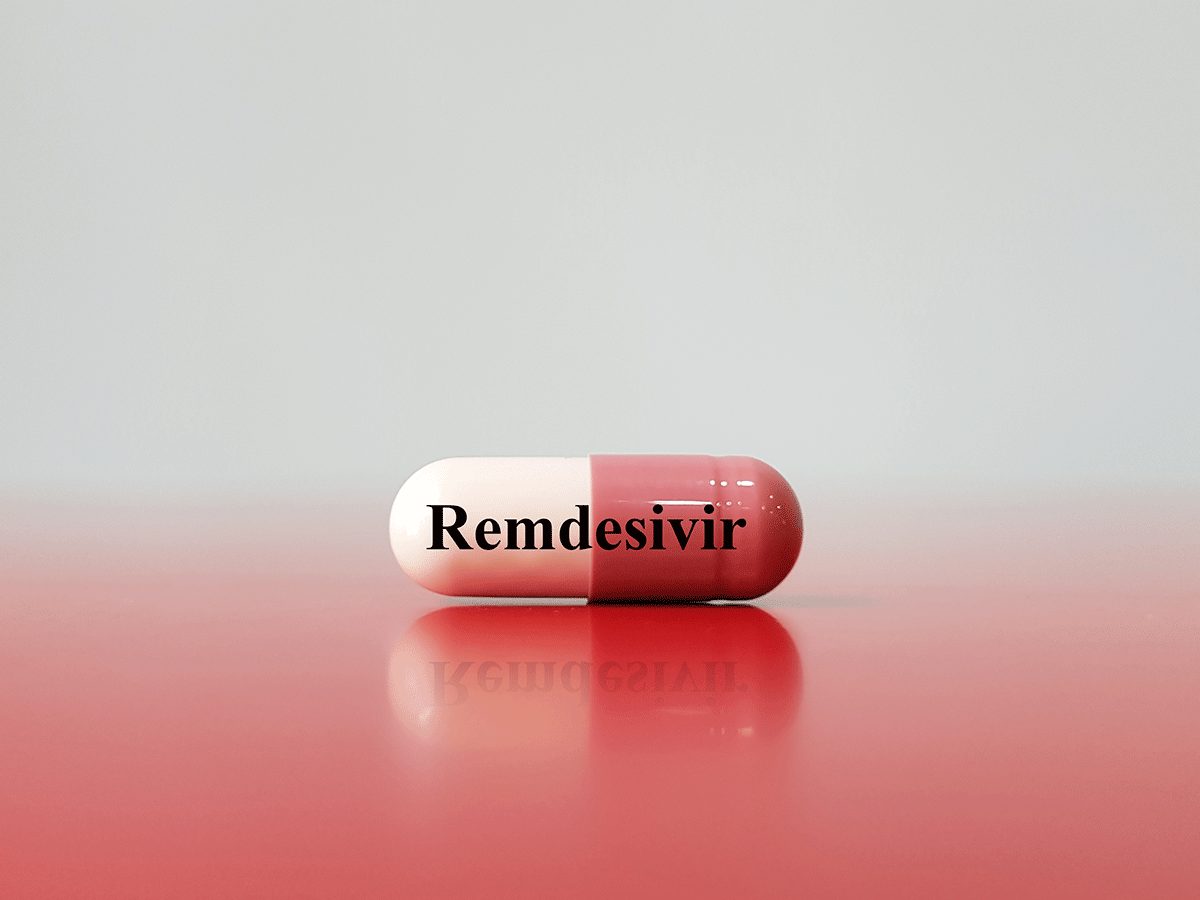The first drug to treat severe cases of Covid-19 in the European Union has been given the green light, with the European Commission approving remdesivir.
“We will leave no stone unturned in our efforts to secure efficient treatments or vaccine against the coronavirus,” Stella Kyriakides, the EU’s health commissioner, said in a statement.
It is the first time the EU’s executive arm has granted the approval to a Covid-19 drug and was the last step for remdesivir to be given the full the go-ahead.
The US has bought up virtually all the stocks for the next three months of Remdesivir leaving none for the UK, Europe or most of the rest of the world.
What we know about Remdesivir
Remdesivir (GS-5734™) is authorized for use under an EUA only for the treatment of patients with suspected or laboratory-confirmed SARS-CoV-2 infection and severe COVID-19. Severe disease is defined as patients with an oxygen saturation (SpO2) ≤94% on room air or requiring supplemental oxygen, mechanical ventilation, and/or extracorporeal membrane oxygenation (ECMO). Remdesivir is authorized for adult or pediatric patients who are admitted to a hospital and for whom use of an IV agent is clinically appropriate. Remdesivir must be administered intravenously.
Remdesivir was superior to placebo in shortening the time to recovery in adults hospitalized with Covid-19 and evidence of lower respiratory tract infection, according to clinical trials funded by the National Institute of Allergy and Infectious Diseases and others.
Serious and unexpected adverse events may occur that have not been previously reported with remdesivir use.
Warnings: In clinical studies with remdesivir, infusion-related reactions and liver transaminase elevations have been observed. Remdesivir should not be used in patients who are hypersensitive to any ingredient of remdesivir. If signs and symptoms of a clinically significant infusion reaction occur, immediately discontinue administration of remdesivir and initiate appropriate treatment. Do not initiate remdesivir in patients with ALT ≥5x ULN; discontinue therapy in patients who develop ALT ≥5x ULN or ALT elevation accompanied by signs or symptoms of liver inflammation or increasing conjugated bilirubin, alkaline phosphatase, or INR.
Patients should have appropriate clinical and laboratory monitoring to aid in early detection of any potential adverse events. Monitor renal and hepatic function prior to initiating and daily during therapy with remdesivir; additionally monitor serum chemistries and hematology daily during therapy. The decision to continue or discontinue remdesivir therapy after development of an adverse event should be made based on the clinical risk/benefit assessment for the individual patient. For additional information and mandatory adverse event reporting, please see the Fact Sheet for Healthcare Providers.
























Leave a comment